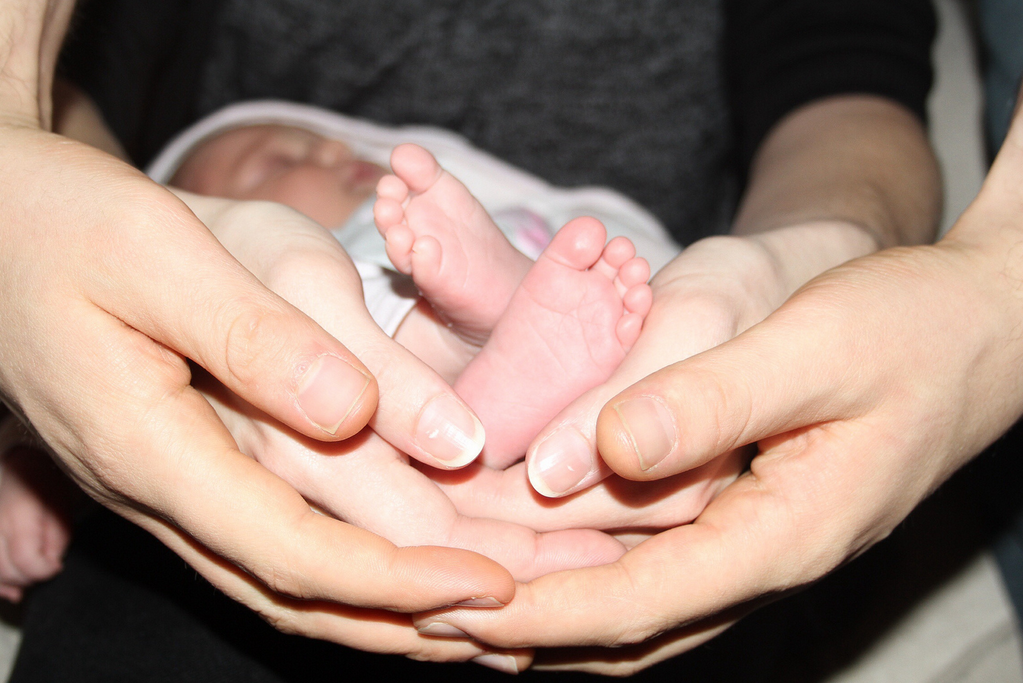
Parental Alienation happens when one parent, often in the course of a family court dispute, actively encourages and manipulates the child into thinking badly of the other parent, with the ultimate goal being that the child will no longer have a good relationship or any relationship at all with the other parent. Parental Alienation is very harmful to children, and is a form of child abuse.
If you find yourself in a situation where your spouse or ex spouse is alienating your children from you, then the most important thing to keep in mind is that there are ways to stop the damage.
In Family Law, The Family Law Act (1975) promotes the children having a meaningful relationship with both parents, and it also stipulates that the children must be safe from harm. This includes psychological harm which is what parental alienation is. Parental Alienation is complicated, and you may need some legal help to untangle this.
Signs of Parental Alienation
Parental alienation can occur during a marriage or de facto relationship but most often it arises in a divorce or separation. It may be occurring if you notice a significant and often escalating change in your child’s behaviour towards you that cannot be explained. These behaviours may include:
- Consistently speaking to you in a derogatory or rude way;
- Reacting negatively to everything that you say or do;
- Becoming aggressive or confrontational towards you;
- Refusing to speak to you or see you or making excuses not to see you.
Whatever the symptoms or precursors, the damage to your child has happened when he or she is no longer willing to talk to you or see you. If it becomes more than an occasional thing (bearing in mind that children can be temperamental especially when adjusting to their parent’s divorce) something is wrong.
Responses to Parental Alienation
The harm is real, even if there are no bruises. The tricky part is in knowing how to respond in a way that does not compound the damage. Most parents, seeing their child in danger would rush to the rescue – into the burning building, as it were.
Since this is psychological harm, though, the situation is more complicated. Rule number one is not to get involved in the tug-of-war with the other parent over the children. Rule number two is to get some help (the sooner the better).
Mental health professionals suggest three important things:
- Maintain clear emotional and physical boundaries.
- Don’t be intimidated by the other parent. Focus on your own behaviour, rather than reacting to the other parent’s behaviour.
- Keep being a parent. Being a rock is much harder than it looks, and it may not have immediate rewards, but that is your job right now.
What a Family Lawyer Can Do For You
If, as a parent, you sense that something is not right, step in and say something. The family lawyers at Owen Hodge Lawyers can be trusted to deal with what you know, what you think, what you have heard and in helping you to work out what to do to protect your children.
The family lawyers at Owen Hodge Lawyers can help you clarify what may be a very confusing situation and prepare for legal action if that is the best choice. Call us to book a consultation on 1 800 770 780. Let us help you and your family through this hard time.
